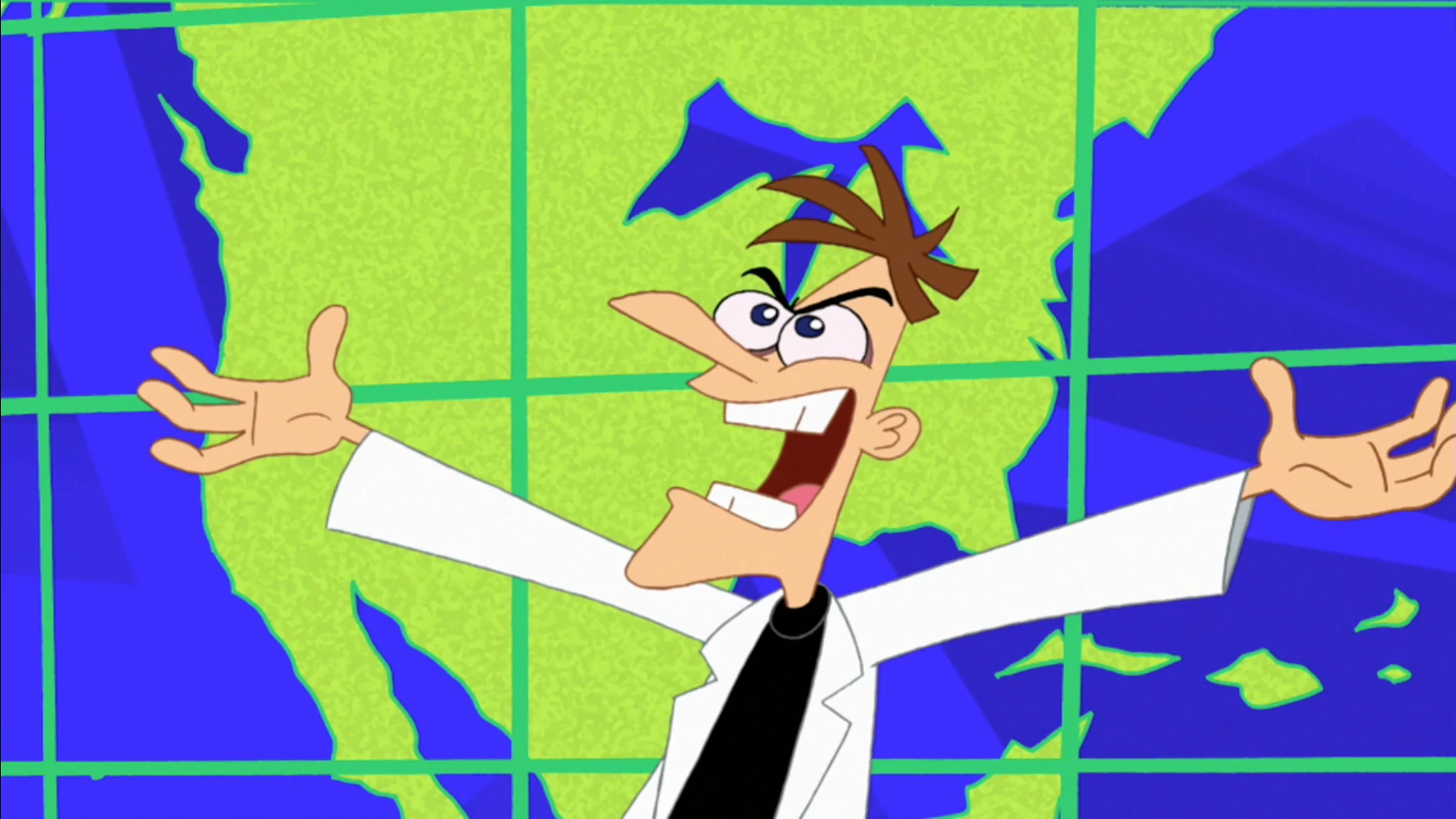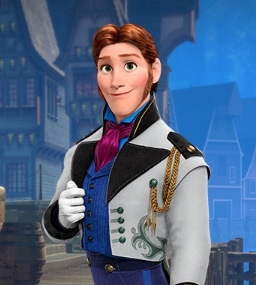 |
| Sand Man |
 |
| Red Skull |
Mind you, an antagonist doesn't usually have to be an actual character. The antagonist can be anything that would drive the protagonists to act or would be a formidable hurdle for them to face, such as the heroes' own feelings/emotions, a global catastrophe, or a dystopian society.
 |
| Tsunami |
In this article, we are going to discuss creating a great villain CHARACTER.
 |
| Dr. Doofenshmirtz |
First off, we need to talk about how NOT to create villains.
1. Villains who overshadow the heroes. If readers find your villain much more memorable than your heroes, then something must've gone wrong. That's not to say that you shouldn't create compelling villains. Your villain SHOULD be compelling, but he must also complement your heroes, not outshine them.
 |
| Doctor Doom |
2. Obvious villains are obvious. Basically, if you're writing a suspense/murder/mystery novel, your readers shouldn't be able to guess "who did it" by the end of Chapter 1 or 2.
3. Clichéd villains. Examples include, but not limited to, "Irredeemably Evil Emperors of Evil", "Evil Stepmothers/sisters/in-laws/cousins/etc.", "I-Hate-The-World" Villains, and "Allow-Me-To-Explain-My-Evil-Plan" Villains.
4. Unnecessary villains. If your story calls for a villain character, go for it. If not, looks for other sources of conflict for your story.
 |
| Prince Hans of the Southern Isles |
Now that THAT'S over and done with, let's get to the topic at hand: creating great "bad guys".
Writing a great villain character, in theory, is actually pretty easy. In fact, let's look at Rule #1 of how NOT to create villains. It says that the villain should be complex, but mustn't take over the story.
That's basically the key to writing a great villain. He/She/It must be complex. An important, relatable character with an understandable and believable, possibly justified, motivation. No cliche "I'm evil just because. Muahahahaha!".
If you crafted your hero characters very carefully, paying attention to every small detail, weaving their lives, you should do this for your villains, too.
An great exercise for getting to know your antagonist is to list the following: Their 5 important traits and how/why they would be important in the story, their character arc for character development -- whether they'd find some good in them or they'd become more driven/desperate to see that their plans come to fruition, it's your choice -- and, finally, their backstory and motivations. At this point, write major events in you villains life that gradually but surely pushed them over the metaphorical edge.
For example, you have a villain who is crazy, to say the least. To make this villain interesting and compelling you (and the readers) must know exactly WHY he turned out that way. Back stories, motivations, psychological profiles, family, and connections -- all necessary in crafting your great villain.
After creating your villain's past, we now need to focus on his present -- as in, his actions in-story. It's a given that you track your heroes actions as you write your story. For your villain's actions to make sense within your story's context, you must also keep track of HIS actions. Look through your villain's eyes so you'll see how he affects your heroes and vice versa. You don't have to actually show the villain's side in the story. What's important is that you yourself know your villain's place within the story.
Lastly, your villain's future. Near the end of your story, your hero and villain are going to face each other, one way or another. Give him a satisfying conclusion, be it his demise, his survival that leads to a sequel, or an unexpected but not impossible-to-believe change of sides.
_01.jpg) |
| Batman and Joker |
That's the gist of it. No matter what type of tale you're writing, there are always obstacles for your heroes to overcome. Often times, stories become iconic because of these antagonistic characters more so than for the heroes. So, if you can create truly compelling and engaging villains, it will make your story and heroes shine even more.

No comments:
Post a Comment